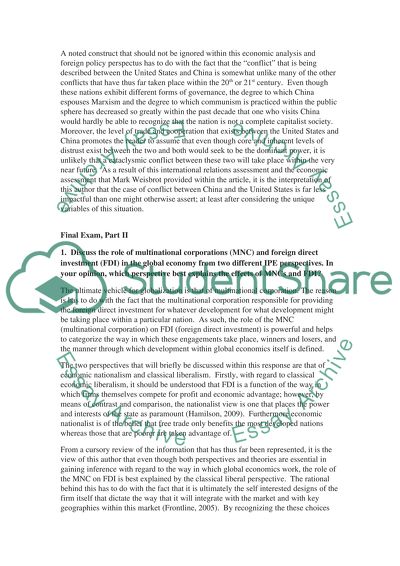Cite this document
(The World Has Nothing to Fear from the US Losing Power Article, n.d.)
The World Has Nothing to Fear from the US Losing Power Article. Retrieved from https://studentshare.org/sociology/1646501-international-political-economy
The World Has Nothing to Fear from the US Losing Power Article. Retrieved from https://studentshare.org/sociology/1646501-international-political-economy
(The World Has Nothing to Fear from the US Losing Power Article)
The World Has Nothing to Fear from the US Losing Power Article. https://studentshare.org/sociology/1646501-international-political-economy.
The World Has Nothing to Fear from the US Losing Power Article. https://studentshare.org/sociology/1646501-international-political-economy.
“The World Has Nothing to Fear from the US Losing Power Article”, n.d. https://studentshare.org/sociology/1646501-international-political-economy.


